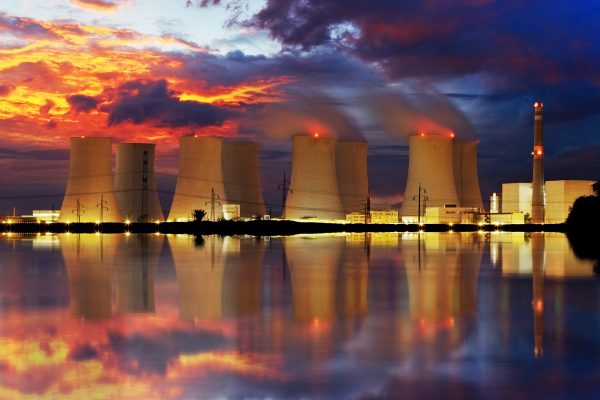Japan’s Nuclear Energy Policy Shift: A Controversial Path Forward

Japan is embarking on a significant shift in its energy policy, aiming to increase its reliance on nuclear power. This decision comes as the country grapples with rising energy demands, particularly from sectors like artificial intelligence and semiconductor manufacturing. The cabinet recently approved a new energy plan that emphasizes maximizing nuclear energy use, marking a departure from previous commitments to reduce reliance on it. This article explores the implications of this policy change, the shadow of the Fukushima disaster, and the challenges ahead for Japan’s energy landscape.
Shifting Energy Landscape
Japan’s new energy plan, crafted by the Ministry of Economy, Trade and Industry, aims to have nuclear energy contribute 20% of the country’s electricity supply by 2040. This is a significant increase from the current 8.5% share in 2023. The decision reflects Japan’s urgent need to address energy security and sustainability, especially as it imports 90% of its fuel. Daishiro Yamagiwa, a member of parliament involved in the advisory committee for the energy plan, emphasized the necessity of diversifying energy sources. He noted that global conflicts, such as the war in Ukraine and tensions in the Middle East, have complicated the procurement of fossil fuels.
The push for nuclear energy is also driven by the growing energy demands from data processing centers and semiconductor factories. As these industries expand, the need for a stable and reliable energy supply becomes increasingly critical. However, experts warn that this renewed focus on nuclear power comes with significant risks and costs. Japan will need to import uranium, which could lead to increased energy costs and dependence on foreign suppliers. The complexities of managing nuclear energy infrastructure also raise concerns about safety and the potential for catastrophic accidents.
The Shadow of Fukushima
The memory of the Fukushima disaster looms large over Japan’s nuclear energy discussions. In March 2011, a devastating earthquake and tsunami triggered a meltdown at the Fukushima Daiichi nuclear power plant, resulting in the release of radioactive materials and the evacuation of thousands of residents. This incident is regarded as one of the worst nuclear disasters in history, comparable to Chernobyl in 1986. The psychological impact of Fukushima continues to influence public opinion on nuclear energy.
Many Japanese citizens remain skeptical about the government’s plans to increase nuclear energy use. Tokyo resident Yuko Maruyama expressed her concerns, stating that as a mother, she prioritizes her children’s safety and cannot support a return to nuclear energy. The Fukushima disaster has left a lasting scar on the national psyche, and many fear that a similar incident could occur again. In 2023, Japan’s decision to release treated water from the Fukushima site sparked protests from neighboring countries, highlighting ongoing safety concerns.
Environmental organizations like Greenpeace have also voiced strong opposition to the renewed focus on nuclear energy. They argue that the risks associated with nuclear power, including the long-term management of radioactive waste, outweigh the potential benefits. The group has called the government’s plan “outrageous,” given the ongoing fallout from the Fukushima disaster.
Challenges Ahead for Nuclear Expansion
To achieve its ambitious energy goals, Japan will need to bring 33 nuclear reactors back online. However, this task is fraught with challenges. The current pace of safety checks and local opposition to nuclear power in various regions complicates the process. Many of the existing reactors are aging and require significant upgrades to meet modern safety standards. Each reactor’s unique location necessitates tailored safety protocols, which can be time-consuming and costly to implement.
Yamagiwa acknowledged the difficulties ahead, stating that careful assessments of each nuclear facility are essential. Recent approvals for older reactors to continue operating indicate a cautious approach to nuclear energy. For instance, the Takahama nuclear power plant recently received permission to operate beyond its 50-year lifespan, marking a significant milestone in Japan’s nuclear energy landscape.
Despite the government’s push for nuclear energy, public sentiment remains divided. Many citizens are still haunted by the memories of Fukushima and are wary of the potential risks associated with nuclear power. As Japan navigates this complex energy transition, the balance between energy security, environmental concerns, and public safety will be critical in shaping the future of its energy policy.
Observer Voice is the one stop site for National, International news, Sports, Editor’s Choice, Art/culture contents, Quotes and much more. We also cover historical contents. Historical contents includes World History, Indian History, and what happened today. The website also covers Entertainment across the India and World.

